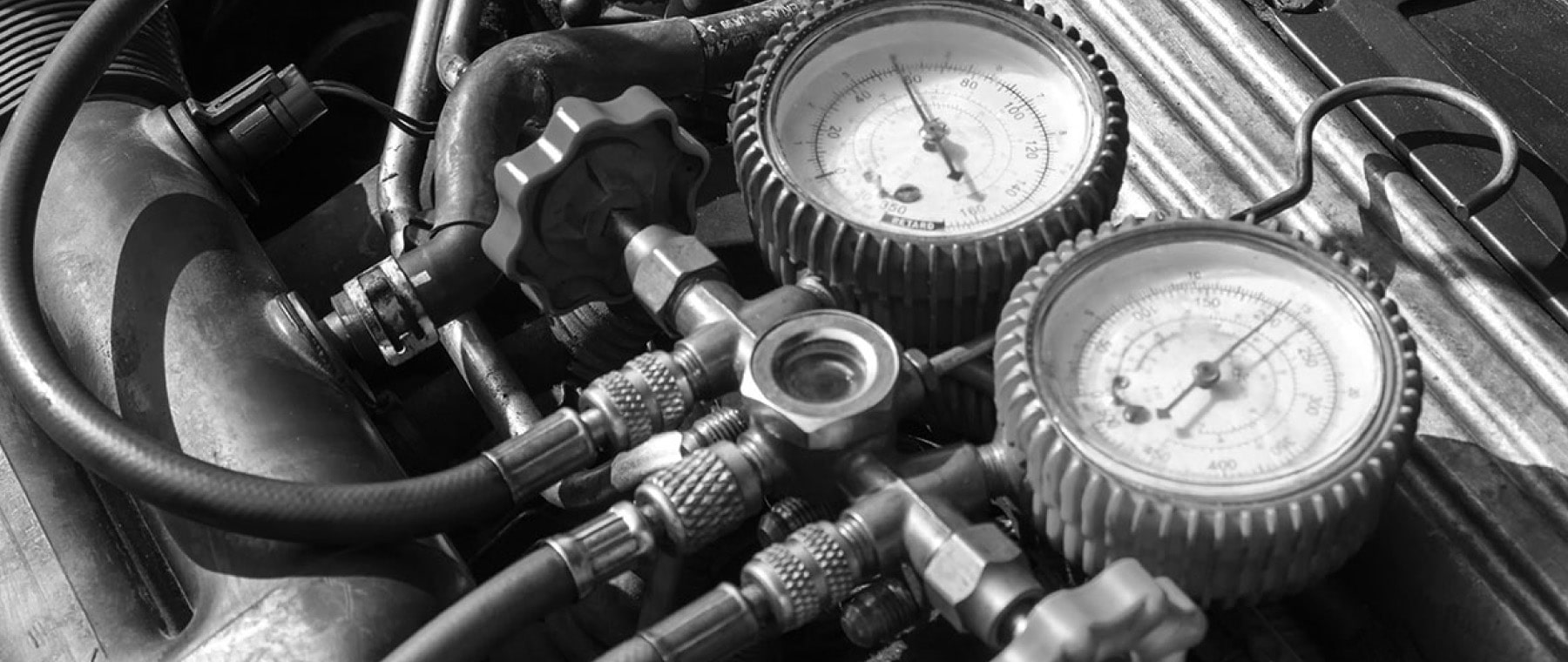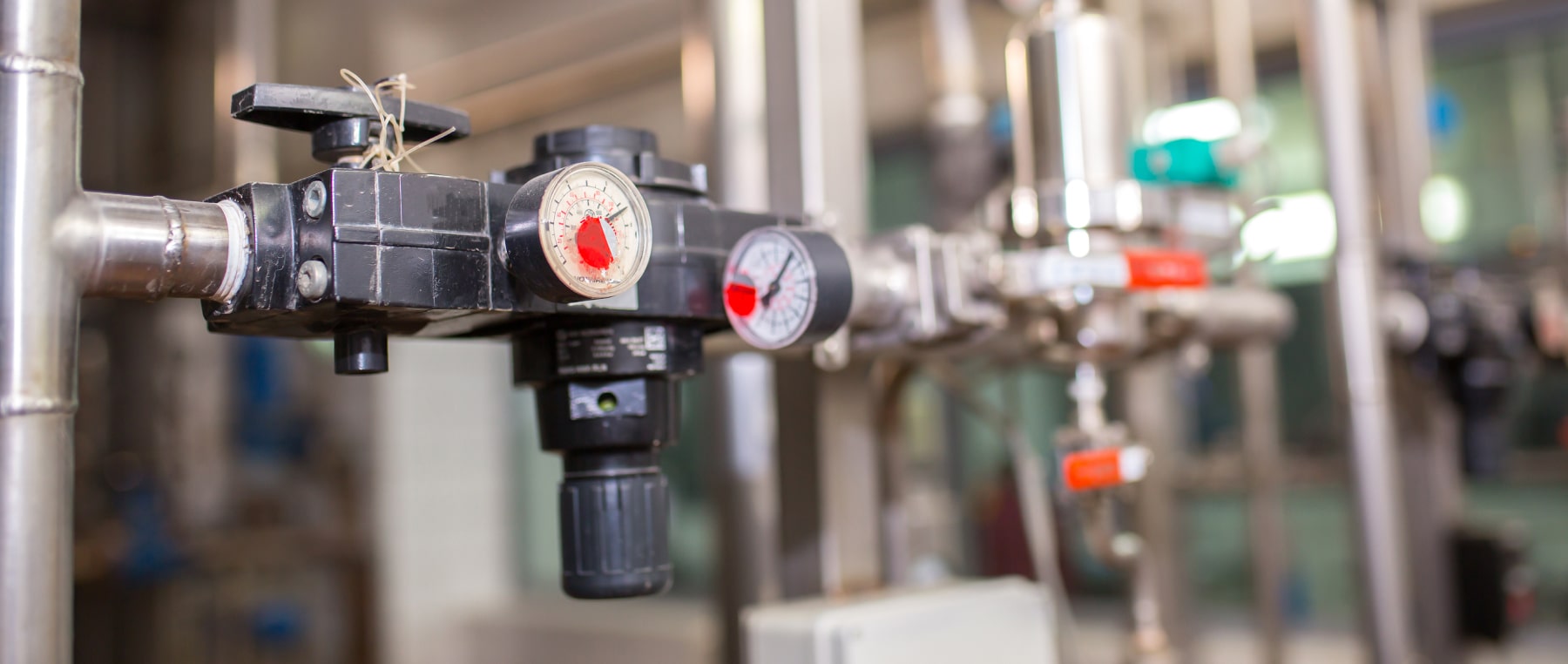Consultant - Screw compressorTOP 5 TIPS TO IMPROVE THE EFFICIENCY OF YOUR AIR COMPRESSOR

With growing pressure to reduce carbon footprint, lower energy costs and implement sustainable manufacturing processes, it is imperative that we optimise our compressed air use.
Here are 5 essential tips to improve the efficiency of your compressed air system:
A) Start with a Clean Slate – Clean Your Compressor
If you want an efficient compressor, you need to have a clean filtration system.
Through a given cycle, air and oil should be sufficiently filtered out. This results in the production of cool air in constant volumes and ensures a seamless performance of the machine.
If the filters are dirty, the pressure can drop. This will make the air compressor consume more energy and exert harder just to perform the basic functions. Ultimately, this would result in the untimely wear-and-tear of the compressor.
In case, the dirt stays on for several seasons the air quality could decline.

B) You’ve got the eagle’s eye – now inspect for leaks
After you’ve cleaned your air compressors, ensure that there are no air leaks.
Air leaks waste close to 20-30% of the energy generated by compressed air systems. Due to this, the performance of the tools weakens, and the efficiency of the operations reduces. This results in higher operating and maintenance costs.
The problems associated with air leaks can be identified easily and do have solutions. Regular inspection can help prevent these issues.
C) Don’t let your compressor buckle under pressure – avoid over pressurization
Adhering to the tips mentioned above is important. Apart from the tips mentioned above, the air compressor load needs to be optimised as well. For this, use the lowest operating pressure suited for your requirements. According to the industrial standards, if you drop the system pressure by 2 PSI, the operating costs reduce by 1%.
Installing pressure regulators to your compressed air system is also recommended. This will decrease the machine wear-and-tear and save up to 15% of the energy generated!

D) Free-falling? Reduce pressure drops
Sometimes, when compressed air travels from the compressor discharge to the actual point of use, the pressure drops. Consequently, the operators increase the generator pressure or turn up the regulators. This can increase the energy consumption.
There are two causes for this – a complicated pipework system and an inept filtration process. To counter this, the pipework should be simplified, and filters should be changed regularly. The energy will be conserved, and pressure drops reduced.
E) You’ll never run out of steam – conserve heat energy
Over 50% of compressed air systems can ensure low-cost energy conservation if used efficiently.
One way to achieve efficient use of energy is to conserve heat.
The heat released during the process of air compression can be reused in warehouses to warm water or produce steam for industrial processes.
With a proper energy system in place, like ELGi’s Heat Recovery System, a lot of energy can be saved.
To mitigate such situations, it’s important to ensure that the air compressors are functioning properly and are always reliable.
